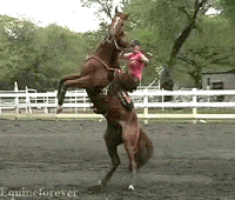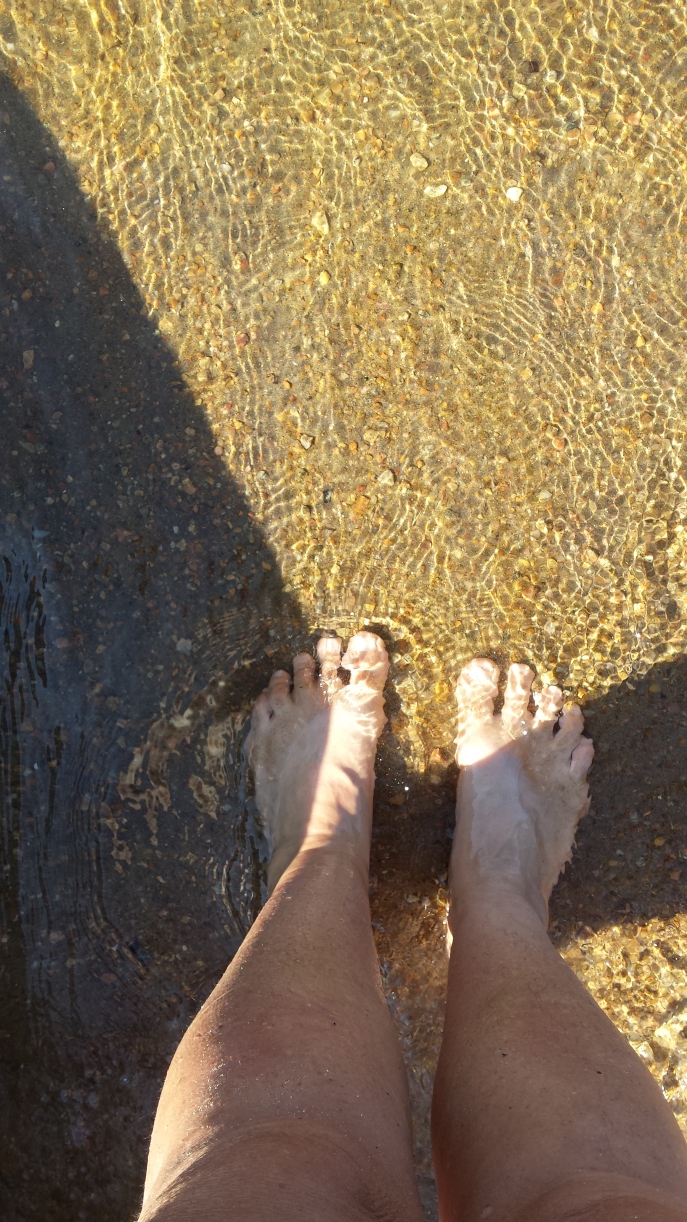For me and the Spousal Equivalent, it has become a tradition that on our annual visit to the Yucatan, Mexico, we take road trips. It is just as much a tradition that on at least one of these road trips (okay, okay, on nearly all of them) we get next-to-hopelessly lost.
Getting lost is unavoidable in the Yucatan, although we don’t much like it and try not to do it. For the past five years’ of trips to Mexico, John has been an excellent and thoroughly-prepared navigator. He has used his purchased-specially-from-a-geographical-society map of the Yucatan, his printed-up-back-at-home satellite maps, his internet research skills, and his strong resolve that he is going the right way (which, fortunately, he usually is) to make sure we (eventually) get where we want to go. My job has been to drive, and yes, to have the occasional meltdown over the directions. Being sent the wrong way up a narrow one-way street on market day, straight into the path of an oncoming parade of bicycles, tuktuks, street dogs, and gun-toting Federales in gigantic black-and-silver Jeeps, has made me sometimes raise my voice above ladylike levels. There is one town that we regularly pass through (called Xchatu’kunkzchin, or similar), which John calls “the town where you screamed at me.” Which could actually be what Xchatu’kunkzchin means in Mayan.
Fortunately, most of the time, we manage to stay pretty cool when we’re lost. We have had to, because it’s a just-you-and-me-kid situation. We can’t really ask for directions, because we don’t speak Spanish, despite making efforts at lessons and Duolingo. We blame our aged memories: it took us two years to memorize the words for “right” and “left” in Spanish, and then to our distress we learned (the hard way) that the words for “right” and “straight ahead” only differ by one vowel. That “hard way” took us off-course by fifty klicks that time, and there was no one to correct us. Until this year. This year, it was just us – and the Google Lady.
After years of Luddite-ism, this year we decided to give Google Maps a try. John was at first a bit reluctant to believe the voice we christened the “Google Lady” could navigate better than he could. I was myself not much more confident, and was pleased to see that John still had his dossier of maps and printouts. Shortly after arriving, on our first road trip, we gave the Google Lady a formal try-out. She scored four stars out of five, and would have done perfectly except for at the last minute telling us to turn left onto a road where there was no actual road. But that happens with the paper maps as well, so we decided she’d done well.
Let me interject here with a bit about Mexican roads in the Yucatan. The word “road” here can mean any number of things. At one end of the spectrum are the new highways – modern polished thoroughfares, bearing well-marked signage and clear lane delineations. At the other end, there are the pitted one-lane limestone tracks – often shown on a map as the only way to reach one’s destination – which start off as barely-driveable and eventually dwindle into little more than a rutted footpath. In between those two road standards there are many, many different roads: everything from beach roads (soft sand tracks occasionally flooded with lake-sized puddles), pueblo roads (lazy semi-paved pathways peppered with sleeping dogs, teetering cyclists, and ambling locals) and run-of-the-mill two-lane highways (which may or may not bear the same identification number as the road shown on your map, and whose potholes keep the many, many Mexican tire stores in business). On top of the roads themselves, there are esoterica such as the lack of signage, the unmarked one-way streets, the topes, the potholes, the dogs, the kids on motorcycles, the potholes, the pickup trucks on verge of collapse (overflowing with commuting labourers who are all standing up in the rear), the old men on bicycles, and the potholes. Add to that occasional surprises like gun-toting random police checks and occasional informal toll collections (where locals at the outskirts of a town string a rope across the road to stop traffic, then shake a tin can at drivers, asking for a donation “por la puebla”). And the city streets? Don’t even go there. Literally. Don’t go there. Stay in the country, where there are fewer things trying to crush your rent-a-car between a dump truck and a city bus.
So we were justifiably concerned that the Google Lady might have trouble navigating all these nuances. Still, we started using her services, on this year’s crop of exploratory “adventures.” She got us to Sisal (where we saw the birds and the spectacular beach), and to Paraiso (where we went horseback riding and rented a donkey cart), and to the Cenotes Santa Barbara (where we swam in not one but three of the amazing subterranean lakes that pepper the Yucatan). Did she get us to those destinations without a hitch? Well, no. She was a little…erratic. Sometimes she lost us. Sometimes she stopped talking to us. Sometimes, she flat-out lied, apparently thinking it was cute to tell us we were in Europe. We were happiest when the little red arrow on the phone screen would proceed confidently along the blue line of whatever road we were alleged to be on. But then she would abandon us, and the heartbreak would begin. “Come back, Google Lady!” we would cry. And then we’d get out the paper map, and struggle our way back into signal range. It was a little nervewracking.
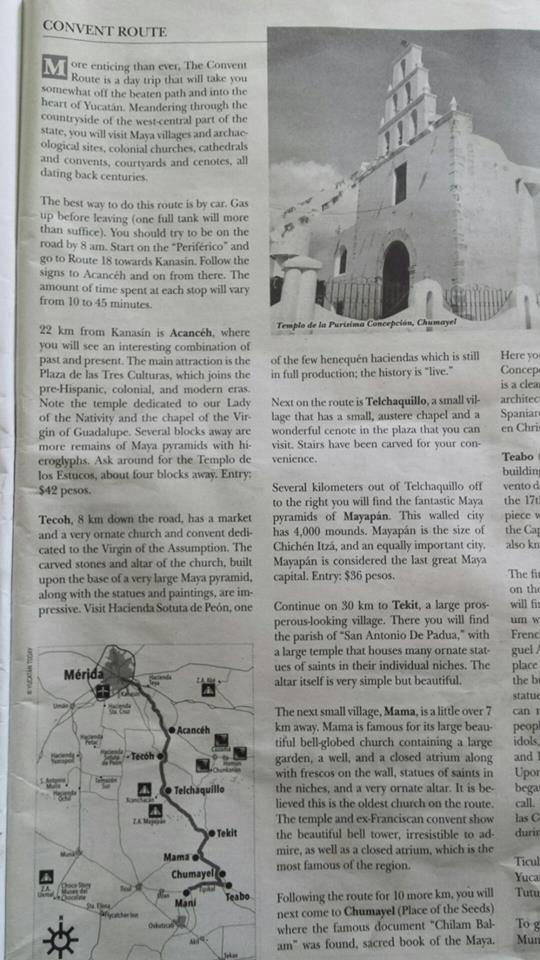
We decided, therefore, that for our next road trip, we would take a straightforward tour along the Convent Route. The Yucatan has a number of “rutas” that are guide-book recommended, for trips through cenote country, or archeological zones, or trips to areas filled with grutas (caves) or bird sanctuaries. The Convent Route looked very simple, promising a fascinating ecclesiastical/historical adventure. We would drive to the starting point – a village with an “ornate” church and an operating henequen plantation in a restored hacienda – and then proceed through seven more towns. Particularly charming-sounding was the village of Telchaquillo, where we would see an “austere” 16th-century church built on a Mayan ruin (those are actually pretty common), and an underground cenote, right in the town square. It sounded great, and easy to do. We figured we could do the whole thing and be back by dinnertime. If we didn’t get lost, that is.
Well, the best-laid plans of mice and men aft gang a-Google, and within forty minutes of leaving Chuburna, the Google Maps lady had stopped being our best friend. John and I stopped conversing pleasantly about the scenery and started swearing at the Google Lady. But she seemed confident, and – foolishly – we trusted her, even in the face of our experience. We knew we should stay on the Pereferico until the Cancun exit. We knew that. But she said, “in 400 meters, take the exit to Y’ulbegitzinlost,” and like idiots, we took it.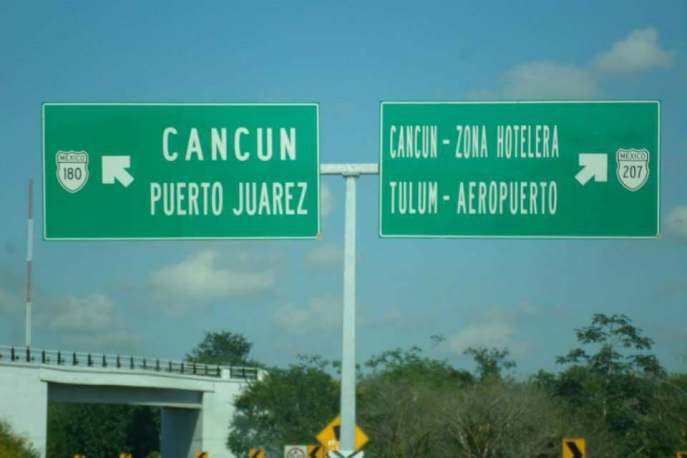
An hour later, along roads that clearly hadn’t seen traffic (or a maintenance crew) in decades, we finally arrived at the first stop: the puebla that featured the henequin-plantation-restored-hacienda. You would think that the Google Lady could get us from the outskirts of a town that housed maybe five hundred people, to the gates of an enormous tourist-trap hacienda. But no: it was at the town limits that the Google Lady completely lost her mind. She took us left, right, right, left again, and then told us to drive through a soccer pitch. Did I drive through the soccer pitch? You bet your ass I did. Three little goats grazing near the goalposts watched us pass, no doubt thinking, “Google maps again.”
The henequen plantation/hacienda was far more expensive than we’d anticipated, but we paid it and went anyway. It was a beautiful site and an interesting tour, but it was three hours long, and involved the sort of thing we don’t do in the Yucatan very often: a large group of tourists (Mexicans, Canadians, Yanks, Aussies, Quebecois, and one very cheerful German) being herded along a fixed path while a guide gives a bilingual talk. By the time we got out of there, it was early afternoon. There was no longer any chance of doing the whole route. We decided to head straight to the next town – Telchaquillo – of the austere chapel and the in-town cenote. Then we could go from there on perhaps two more church visits on the route, and still be home for supper. Piece of cake.
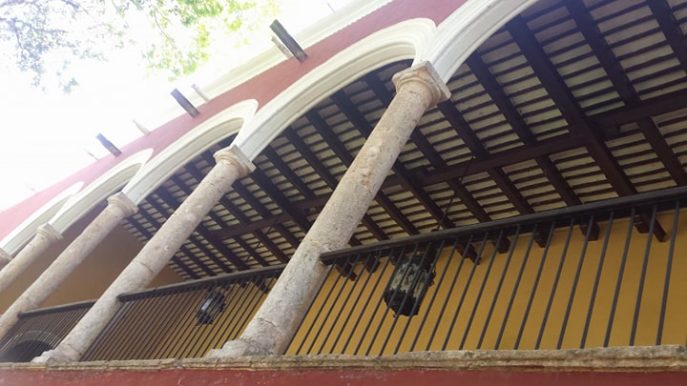
So we started off down the road by which we’d come, turning on the phone to summon the Google Lady. The Google Lady, though, had disappeared. She’d been there on the way in, but now – on the selfsame road – she was gone. We put the phone down, and John pulled out his map. We could kinda-sorta see where we might possibly be.
“Which way?” I asked John, when we reached the turnoff for the main road.
“Damned if I know,” he replied. Then, having flipped an imaginary coin, he said, “Turn left.”
We should have turned right. Hell, we should have turned around. The Google Lady had brought us into town via a series of backroads that she might have considered the most direct route. But if we’d gone the other way, we’d have been on the nice clean tidy highway, and got to Telchaquillo in ten minutes. Instead, we arrived there in an hour’s time, having driven miles out of our way. At least it was interesting (as getting lost in the Yucatan usually is): we drove through several villages, two of which were located on ruined haciendas, their derelict smokestacks looming overhead; we saw many traditional Yucatan-style thatched-roof houses and even more brightly-painted cinderblock-and-plaster two-room houses. We passed two large and enticing churches, clearly exactly what we wanted to see, but they were closed. So we kept driving, occasionally checking to see if the Google Lady was back. She would check in long enough to tell us that in her opinion, we should turn left at Marseilles. So we would turn her off again.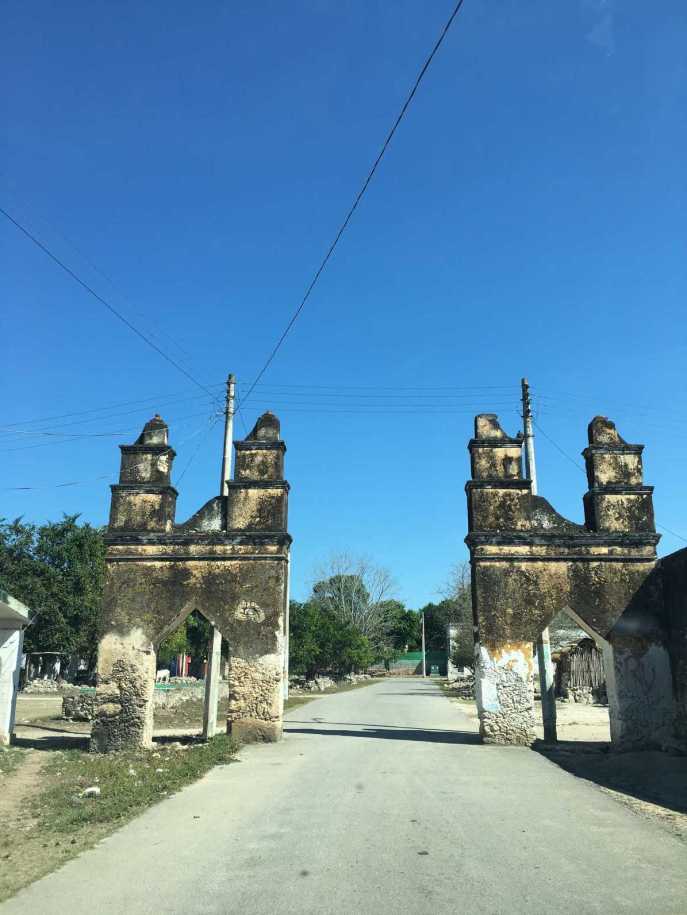
We drove, through miles of dry sparse Yucatan landscape, flat and rubble-strewn, largely treeless. We met a cow and took its picture. It ran away through a small garbage dump (those are everywhere in Mexico) and disappeared into the bushes. Then finally, we emerged onto a highway – an actual marked highway – and there overhead was a large and official sign declaring that Telchaquillo was at the next retorno. John and I high-fived each other and celebrated with a slurp of Coca Light. The Google Lady came online and sneered. “Told you so,” she said.
The Google Lady supervised us into the remote village of Telchaquillo, where – inexplicably – there was a strong signal. There was absolutely no way to get lost in that little puebla, but she gave it the old college try, telling us to turn left and right and right and left and stop and back up and do the hokey-pokey. We ignored her. It was a town of a thatchwork of maybe ten calles, and the austere chapel and the town square took only minutes to find. Sadly, the church was closed, and the town looked deserted. The town playing field, beside the shuttered church, housed the tents and trucks of a travelling circus called, incredibly “Circus Norman.” The tiny town square was treed and there was a circular stone wall, obviously the mouth to the cenote. But by that point, it was after 2 p.m., and we needed something to eat. We pulled over at the town’s only enterprise, a tiny tienda that sported a cardboard sign with the word “comidas” hand-printed on it. “Comidas” means meals. Basically, this tiny, grubby, windowless, Mexican corner store was offering meals.
We parked in front of the tienda to consider this. This could be dangerous. One of the rules about Mexico is that you never eat food from roadside stands. But this wasn’t exactly a roadside stand. And besides, we were very hungry. Maybe we would go in and see what they had.
Just then, a face appeared in my driver’s side window: a little old Mayan lady, cheerful and largely toothless, asking me God-knows-what. “Comida?” I asked, and triggered a dance of gesticulating and welcome. Yes, of course, comidas! Get out of the car, she motioned, and come on in. I will feed you.
Okay, so this wasn’t turning out as planned. We were in a mostly-empty village in the height of the afternoon, and the thing we’d come to see was closed. We were about to eat lunch at a the rural Mexican equivalent of the seediest variety store you might ever wish to avoid. But we went in, where I hoped to see a menu behind the counter. No such luck. There was no actual food source visible beyond the rows of ancient bags of potato chips strung from a leaning metal display, and a styrofoam cooler with the word tortillas magic-markered onto its side. 
But weren’t we in Mexico to have adventures? Hadn’t that hacienda tour been an over-priced tourist-trap antiseptic anti-adventure? Hadn’t we said, when we left it, that the hacienda had been about as far from an authentic Mexican experience as we’d ever had? Didn’t we just love authentic Yucatan experiences? And who were we to turn down an authentic Yucatan meal, just because of the high risk of food poisoning?
While the woman disappeared into the back, I tried to figure out what we could order. But there was no menu – no indication at all of what was offered as the alleged comidas. The “restaurant” comprised a stone counter that bisected the tiny store, and a single rickety tin table, its tabletop Coca-cola logo covered in crawling flies. Our hostess then emerged from the back of the restaurant, and I got a better look at her. She was maybe seventy, and dressed in the traditional rural Yucatan embroidered pinafore over a white lace-trimmed skirt. She spoke a combination of Spanish and Mayan, and the three of us fell into trying to communicate, a process that – for some reason – we all found hysterically funny. Whenever we achieved understanding, we would all cheer like someone had scored a goal in a really important game. When talks collapsed, we all assumed expressions of true sorrow. It was more fun than we’d had all day.
I managed to explain that we were very hungry, that we would like a comida, and that we had been lost for hours. “Perdidos,” said John, and I echoed it. “Perdidos por horas!” She grinned and agreed that it was very sad to be lost. At least, that’s what we hope she said. She might have been commenting on how stupid we were. Didn’t we have Google Maps?
We had come for comidas, so she set about preparing whatever that might be. But first, she said, she must make things clean! As we and a local dog watched, she sprayed the table with blue liquid from a spray-bottle, and wiped it down thoroughly. Then she brought us two Coca Lites and made us sit down. From behind the counter, she produced a Tupperware of what appeared to be meat: clearly-not-refrigerated, cooked, meat. Pork, she told us. “Pork?” I asked John. John nodded. “Okay, pork,” he said. So we told her, “Si, gracias,” and the meal began.
She was so proud of this meat. She popped it in the microwave, and served it to us on the two paper plates, without cutlery, and with a pile of cold tortillas. She watched us as we ate, with our fingers. I tasted a piece and yes, it was actually good. It might have been roiling in toxins, but it was at least tasty. John and I rolled the meat up in the tortillas while our chef brought another dish – a communal plate of some sort of tortilla-and-refried beans pie – and tried to get us to eat what I think was a jalapeno pepper. I asked her what it was; she tried to explain. I told her that in English, it was a pepper. She made multiple, giggling, merry attempts to say pepper. I don’t think explosive fricatives are part of the Mayan tongue, because making a hard p sound was next-to-impossible for her. But she was nothing if not game. She stood beside our table, watching us eat, and blowing hard blasts of air through her lips. Pah! Pah! Pah-par! The very word made her double over laughing.
We explained we were from Canada. She told us that in Mayan, the word for shoes is canada. She might have been messing with us. I haven’t looked it up because it was too adorable, to have her pointing at our shoes and saying, “Canada! Canada!”
We had a blast with this lady. She had no upper teeth and only half-a-dozen lower teeth, My phone was dead – Google Maps sucks juice as well as other things – and so we were without our translate function, not that it can translate from English into Mayan-Yucatan Spanish. Still, soon, we were all killing ourselves laughing. Every now and then we all successfully communicated something, such as when she did the inevitable older-woman thing and asked whether I had children. I knew how to answer this common question: I told her I had two sons , and that they were twins. I augmented the description by holding up two fingers and saying dos ninos, and then making a rounded pregnancy-like gesture over my midsection. At which point, our hostess roared, squatted a little, and mimicked giving birth. John actually applauded that performance.
Even backwaters have cellphones, and when her cell went off and she stepped away to answer it, I could hear her talking about us (I caught the word tourista). But we were talking about her, or at least, about her food. Yes, that pork – which, thank heavens, she had microwaved to a temperature I hoped would kill the botulism – was delicious, as was the strange tortilla-and-refried beans cake. As we ate, cautiously, with our fingers, we discussed how suicidal we were being. John assured me his doctor had given him enough food-poisoning antibiotic for two people. “We’re going to die horribly,” I said, eating another fingerfull of whatever-it-was. If it was death, at least it was tasty.
Our hostess returned with a bowl of brown liquid that we think might have been soup. Maybe it was the local dish – mole – but nevertheless, we declined politely. This lead to a discussion of the word “enough,” which she tried gamely to pronounce. It turns out that the f fricative is even more amusing than the p, if you are a Yucatan grandma.
“Enough,” I said.
“Ah-nuh!” she replied.
“Eee-nufffff,” I repeated. “EEE-nuFFFFF!”
“EEE-nuFFFF!” she cried, blowing a massive amount of air over her lower lips, past the remainders of her teeth. “EEE-nuFFFFFFF!”
A small crowd of young boys who had gathered (along with two dogs) were delighted, but too shy to try saying enough themselves. She demonstrated the word to the boys, who were her nietos, and then went back again to the rear of the store, returning with three breathtaking pieces of Yucatan women’s smocks, with hand-done cross-stitch embroidery all over the yoke and hem. I remember trying to do cross-stitch from Girl Guides, and I can tell you, it’s not easy. This was breathtaking work. She pulled me to my feet, and slid the tunic over my clothes (shorts and tee), a procedure that had us both doubled over laughing, because I was twice her height, although not much more roly-poly. We self-declared as gordas and hugged each other and John took pictures of me in the smocks. But then, when I asked, she said they were three thousand pesos. I couldn’t begin to afford that, and she was not interested in bargaining. Without showing any feelings of insult she took the garments away.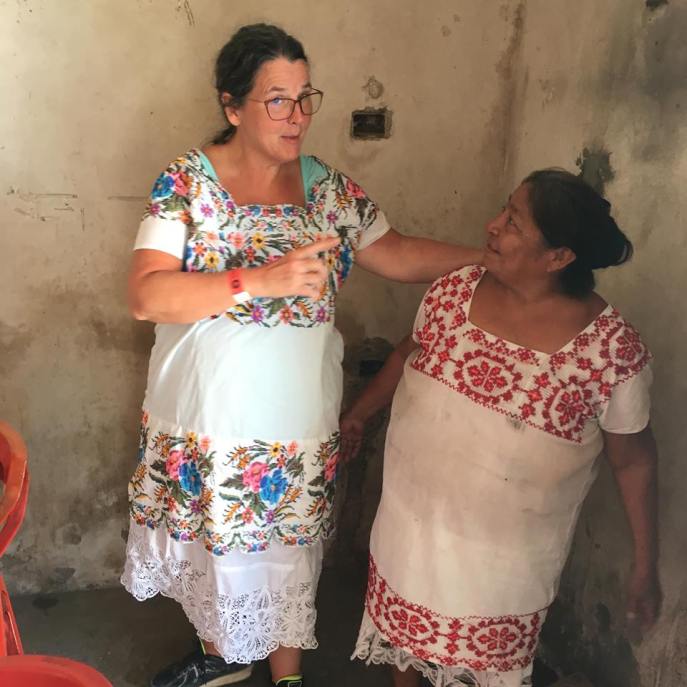
At last, I indicated to John that we should get back on the road. I wanted to at least see the little village cenote, being as we had seen exactly zero churches on our church tour. But asking for the bill turned out to be a further comedy routine. While the half-a-dozen boys looked on, the grandmother added up the cost of two small paper plates of pork and half-a-dozen tortillas – and two Coca Lites – and a bag of some kind of fruit that she insisted we take – to be 240 pesos (about twenty bucks). Twenty bucks is a lot of money in the Yucatan, but we were okay with it. Besides, we didn’t have enough language to argue, and the process of drawing the bill was chaotic, involving her struggling to add up a few penned items on a napkin, while the kids crowded in to watch John take out his wallet.
John removed a 500-peso note, just as our hostess observed the Canadian bills in the wallet, and pointed to them with delight. John commented on them, saying they were money from Canada. She found this intriguing, and asked to see one of the bills. There followed a farce wherein I took a five-dollar bill out of John’s wallet, and gave it to her, and she wanted to keep it as a souvenir (communicated by gestures), and I demurred (because it was five bucks and didn’t we have a loonie somewhere instead?), and she cradled the five dollar bill to her embroidered yoke, and John gave her the 500 pesos, and she gave the five dollars back, and the 500 pesos vanished.
She stood there expectantly, despite having been just given twice what we owed. At least, we thought we’d given it to her. We weren’t sure we’d had anymore…she was standing there so innocently and expectantly, while the kids tried to see the rest of John’s money. Grandma wasn’t offering any change, and she didn’t have pockets, so where did that 500-peso note go? Surely, she couldn’t have just taken it.
So we ended up giving her another 240 pesos, because we were confused, and there were so many children, and several dogs, and Canadian money. After that, she decided to pat John’s knee, then recoiled in mock horror at how hairy it was. “Lobo!” she shrieked, before quieting down enough to write the number “150” on the napkin and hold it out to us with a look of expectancy.
“No mas!” I said. She gestured to the squad of well-fed and happy children and pretended to cry from the pain of looking at her poor starving grandchildren. I put my hands on my hips and gave her the universal look of don’t-push-it-sister. She cracked up again, threw her arms around me, and then pulled my face down to kiss me on the cheek.
So we left her, followed by the dogs, and ambled the twenty meters to the town’s cenote. A man with a cranial deformity let us in the stone wall’s iron gates for ten pesos, and we descended into the earth, down the stone steps, to a tiny clear pool some fifty feet down. The hole in the earth’s crust above us showed the blue of the sky and the crisp bright green of the trees, and we could hear birds above the echoing voices of the kids who were playing in the water. It was as close to magic as one could ever imagine.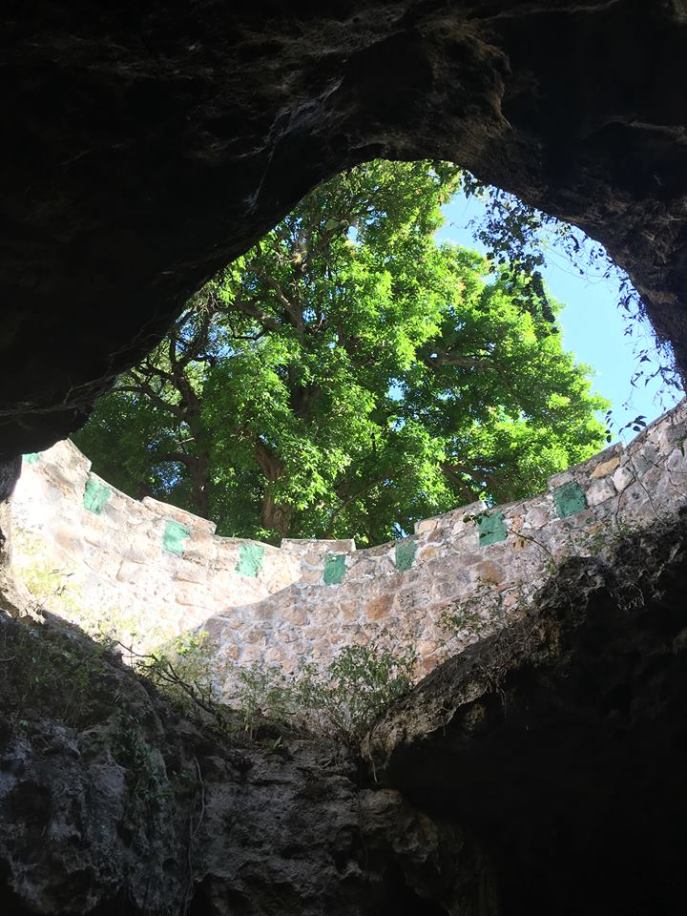

When we got back in the car, we discovered I’d left it unlocked. Everything inside was still there. We asked the Google Lady to take us home. And, to our surprise, she did. She took us straight out to Highway 184, one of those polished thoroughfares. And yes, we were home by dinner. And no, we did not get lost.
Now we are sitting quietly at our perfectly-named casita rental (Casa Preciosa, in Chuburna) as the night settles in, and the dogs in our beach village bark into the darkness. Somebody somewhere is burning palm leaves. Crazily, a rooster is crowing, having confused dawn and dusk. The Google Lady has gone to bed, plotting her next acts of mayhem.
And somewhere, miles away, in a little village with an austere church, and a circus called Norman, and an underground swimming pool, a little old lady is still laughing.


 any context for non-Ontarians. Doug Ford lurched into infamy some years ago during the reign of his sorrowful mess of a brother, Rob Ford, as the mayor of Toronto. Doug was also a city councillor (he had the
any context for non-Ontarians. Doug Ford lurched into infamy some years ago during the reign of his sorrowful mess of a brother, Rob Ford, as the mayor of Toronto. Doug was also a city councillor (he had the 
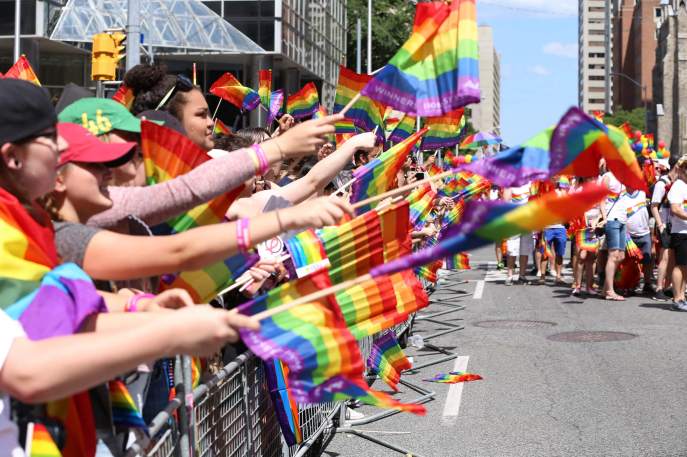
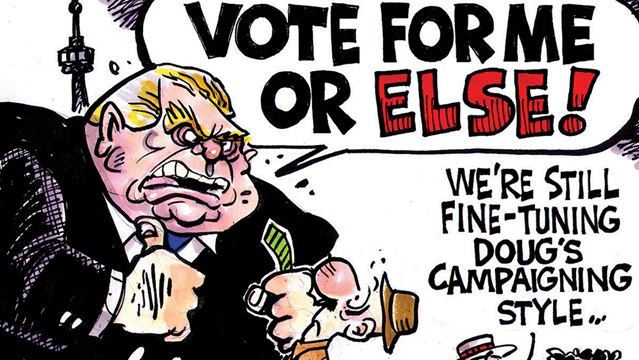
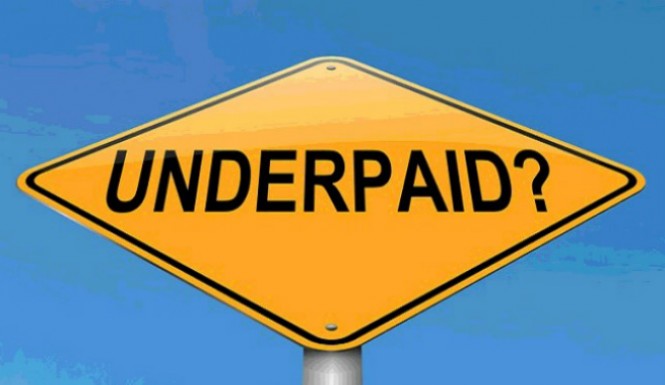




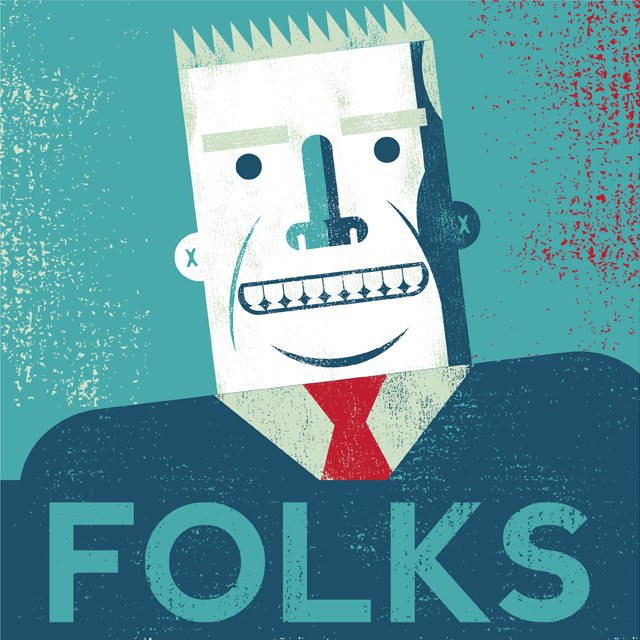
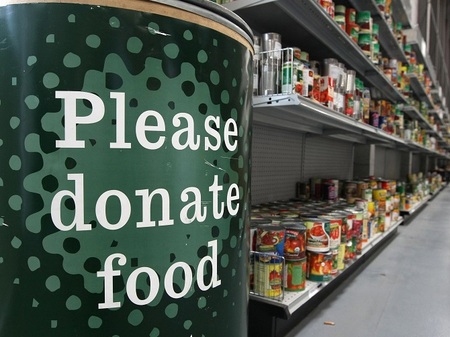 Yes, something has to be done about hydro rates, and no, Doug Ford doesn’t have anything to offer in terms of solving the problem – which would have been as bad or worse had the PCs been in power. We wouldn’t even own the 47% of hydro that we do own – we wouldn’t even have that income (hydro DOES make money – that’s why we sold it – it’s a going concern, and arguably, we should never have sold it, except now we earn money FROM it, so it ain’t that simple. Which a lot of people don’t like/understand – they want it to be simple – just fire Wynne, and Doug will fix it! Oh yeah? HOW?)
Yes, something has to be done about hydro rates, and no, Doug Ford doesn’t have anything to offer in terms of solving the problem – which would have been as bad or worse had the PCs been in power. We wouldn’t even own the 47% of hydro that we do own – we wouldn’t even have that income (hydro DOES make money – that’s why we sold it – it’s a going concern, and arguably, we should never have sold it, except now we earn money FROM it, so it ain’t that simple. Which a lot of people don’t like/understand – they want it to be simple – just fire Wynne, and Doug will fix it! Oh yeah? HOW?)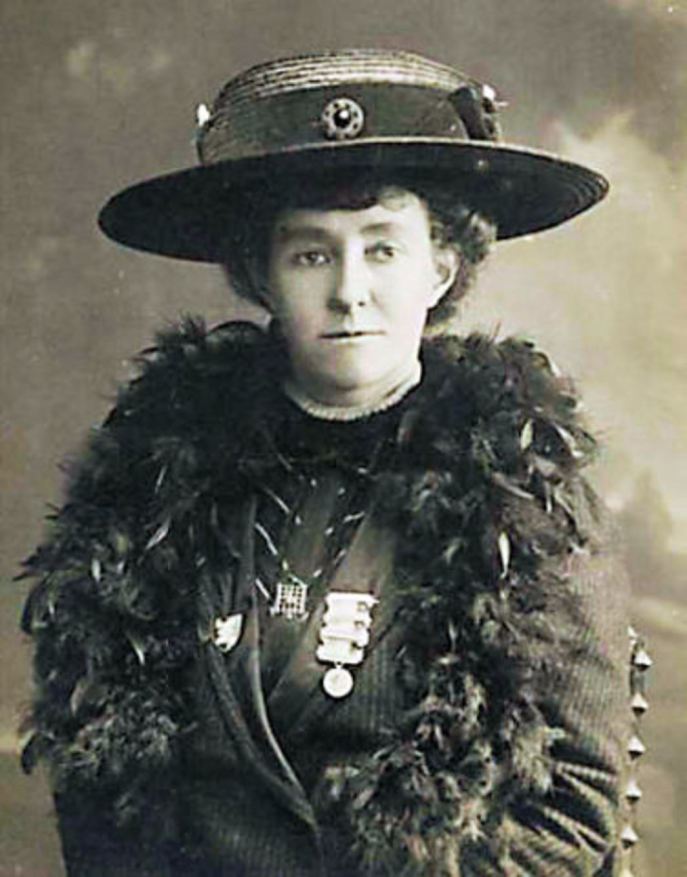 I wouldn’t say that the women who take all these benefits (the equal pay, the right to wear whatever you want, the right to say “no”) and then vote Conservatives are traitors. But hypocrites? I would go that far. (I would also challenge them to not vote, since it was women involved in social justice and liberal thinking who fought so hard and for so long to earn them that vote, and if they don’t want it, then fine. Don’t use it. If they don’t want rights, fine, don’t take them. Don’t take what you didn’t earn, and then turn your backs on the people who earned it for you. Just a thought.)
I wouldn’t say that the women who take all these benefits (the equal pay, the right to wear whatever you want, the right to say “no”) and then vote Conservatives are traitors. But hypocrites? I would go that far. (I would also challenge them to not vote, since it was women involved in social justice and liberal thinking who fought so hard and for so long to earn them that vote, and if they don’t want it, then fine. Don’t use it. If they don’t want rights, fine, don’t take them. Don’t take what you didn’t earn, and then turn your backs on the people who earned it for you. Just a thought.) Not so great for the old man on the floor in the church shelter downtown, who lost his apartment to gentrification, and at the age of 67 finds himself homeless and helpless, dragging his suitcases from shelter to shelter. How do your conservative and neo-liberal economic policies help HIM? Tell HIM about your “great posterity for everyone”
Not so great for the old man on the floor in the church shelter downtown, who lost his apartment to gentrification, and at the age of 67 finds himself homeless and helpless, dragging his suitcases from shelter to shelter. How do your conservative and neo-liberal economic policies help HIM? Tell HIM about your “great posterity for everyone”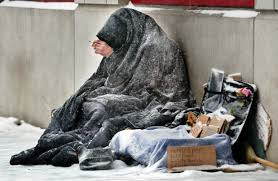 (remember to take your cigar out of your mouth first).
(remember to take your cigar out of your mouth first). It’s vomitous. But most Doug Ford voters would think he’s wonderful – including some of the families of the kids who mistake charity for equal rights.
It’s vomitous. But most Doug Ford voters would think he’s wonderful – including some of the families of the kids who mistake charity for equal rights.










